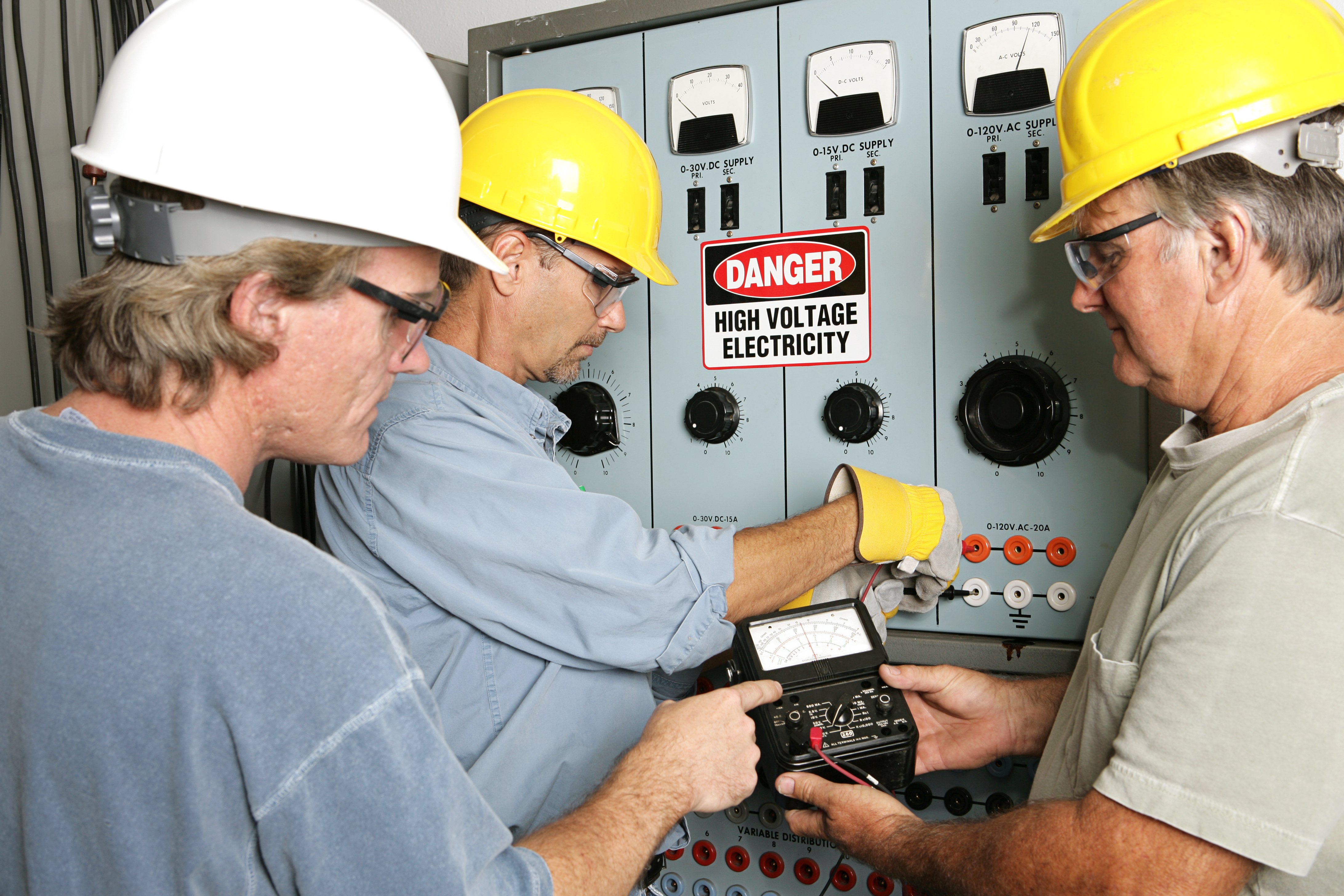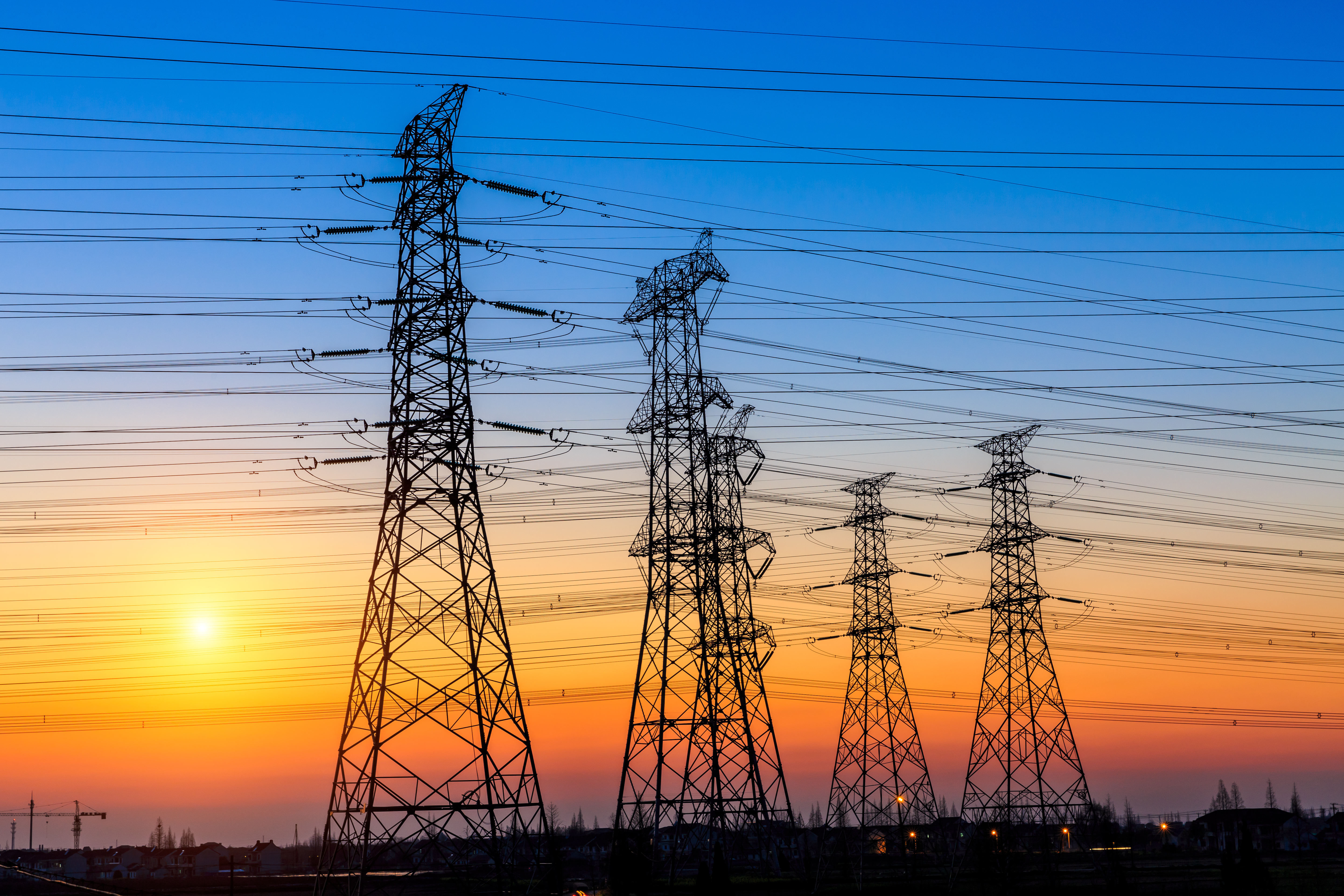5 Things to look for in Potential Panel Builder
In my journey of 20 years in the field of Low Voltage Switchgear I have seen fads and trends that have come and gone and a few game changing shifts that have influenced the industry dramatically.
One such shift was the germination of “Panel Assemblers “across geographies. What exactly are panel assemblers and how did they change the way the industry functioned? Let us look closely at their role in the construction chain and the key aspects that you need to be aware of as an end user.
OEM’s across the globe have realized the importance of having a global footprint, ensuring that their sales revenue pipeline that is sufficiently diverse to tide over the ever-changing situations in individual markets. And the way to do this, is to liaise with reputable partners to ensure that the markets in question are being served efficiently. The idea is not dissimilar to reputable food chains liaising with local partners to set up various outlets to serve the market.
The key question however is this: - How Does the OEM ensure the panel assembler in question is the right choice. And even more importantly, how does an end user, be it a MEP contractor, consultant or client vet the panel builder?
To help guarantee the quality of the Low Voltage Switchgear that you are approving and purchasing, I suggest looking at a few key factors.
1. Integrity – Type Test Certifications by Third Party Testing Agencies
Look for Panel Builders that offer Switchboards that are design compliant with the latest IEC 61439-2 Standards for Low Voltage Switchgear using reputed OEM’s. The IEC Standards list 14 different tests (relevant parameters exist for each test) that need to be carried out on the switchboards to guarantee quality of the design.
This design verification is carried out by Independent Testing bodies such as ASTA and DEKRA. However, do ensure that the Panel Boards supplied for your project are of the same design as the one that has been tested by Third Parties.
2. Acceptability - Authority Approvals / ISO Certifications
Ensure that the panel assembler chosen has the requisite Local Authority Approvals in your geography enabling him to carry out the assembly work. Look for quality certifications such as ISO 9001 etc to supplement the minimum requirements.
3. Verification - OEM Authorization
Ask for Authorizations from the OEM Manufacturer certifying that the panel builder assembling the panels is using genuine components of reputable origin. While the onus of the panel board’s design being compliant to various requisite standards as per the specifications/ authority requirements is on the assembler, the OEM is responsible for providing assurance on the quality of the components used. It is critical to remember that components used in assemblies are also required to be certified by independent testing bodies, and that separate IEC Standards apply to them as well.
4. Expertise – Internal Capabilities that provide assurance
Does the Panel Builder possess the requisite technical expertise to successfully design, assemble, test and supply the panel boards? This is best judged by visiting their premises prior to making the purchase decision, allowing you to see firsthand the resources at their disposal. Make sure to look into various critical aspects, such as
· Employee Strength (Human Capital) – Do they possess a competent Design & Engineering Team?
· Assembly Capacity – Do they possess the requisite tools, machinery and test equipment to ensure quality compliance?
5. Repeatability - Experience in Supplying Low Voltage Panels across Sectors in the Market
Check whether the Panel Assembler has prior experience in delivering projects of a similar size and in the particular market sector in question. I find that while execution of any activity is always made simpler when the number of variables are reduced, and choosing a panel builder that has the requisite experience is a sure fire way to ease the pressure of the deliverable.
Looking into these facets of a potential panel assembler should help you in making an informed choice while choosing your supplier of choice for your next project.








